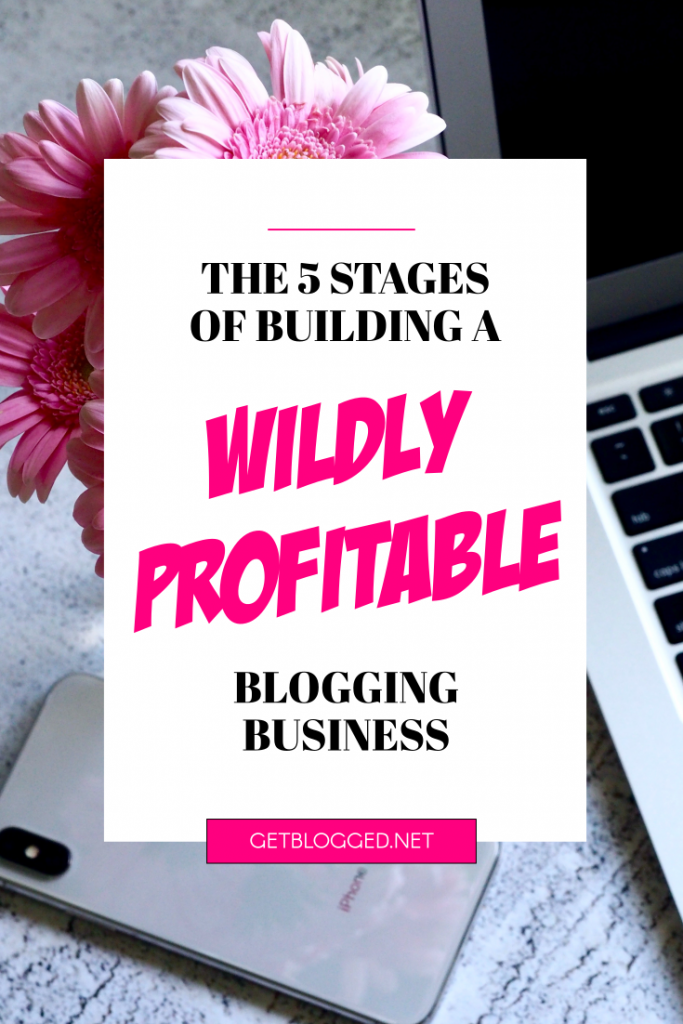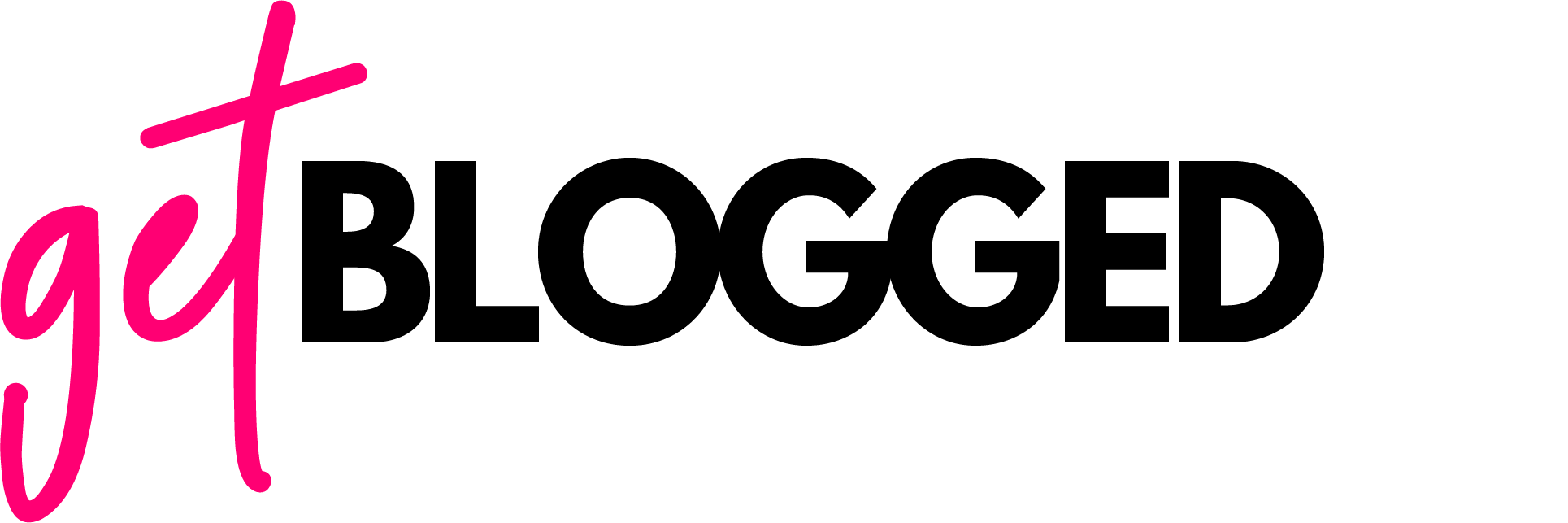Have you ever felt like throwing in the towel with your blogging business?
Have you ever had a day – or indeed a week or a month – where nothing goes right, when you have no idea where you next chunk of income will come from, and you curse that not-so-bright idea that you had to ever become a content creator in the first place?
There’s likely to be not a single person reading this who can honestly answer those questions with a no.
Even hugely successful content creators who’ve built profitable empires around their online presences will remember the early days when nothing they did seemed to bring about the results they desired.
And sadly, for every rags to riches story, there are dozens of once enthusiastic bloggers who left their sites to collect cobwebs before they ever really got off the starting blocks.
A report in the New York Times suggested that 95% of blogs are abandoned, and though the data is a little old now, it’s fairly safe to assume that the figure is unlikely to have changed too much.
The piece interestingly points out that blogs have a higher failure rate than restaurants, and it doesn’t take a genius to work out why.
The barriers to entry with blogging are extremely low, and just about anyone with a dream and a few quid in their pocket can have their own website set up in a day or two.
When you have the luxury of not having much skin in the game, there’s little pressure to make your blogging dream work. Life gets in the way, the process gets tricky, and your content creator dreams get forgotten.
There’s also the fact that building a website involves hard work. Maybe not traditional manual labour kind of hard work, but hard work nonetheless.
So if you have ambitions to build a profitable blog, it’s important to step back and to consider all the implications of this.
How can you make sure that you stay the course?
And what exactly is key to mustering up the staying power that you need?
The technical and mechanical aspects of building a successful blog are well documented, and you’ve probably read all those guides before. What they don’t take into account though is the fact that we’re human beings, and the emotional and behavioural path that we take when we try to create results or an outcome of any kind.
We wanted to address that today, because it’s every bit as valuable as the technical and creative side of blogging, though much less discussed.
So this right here is our spin on Kelley and Conner’s Emotional Cycle of Change, and it explains exactly why we might give up on our websites before we’ve really given them a chance to work. Most importantly, it helps you understand the exact challenges you’ll face from a mindset perspective and how to create a wildly profitable blogging business.
It’s worth noting here that this cycle can apply to anything that you want to achieve, from building a business through to sticking to a new fitness regime.
Here are the five stages of a successful, money making blog journey…
Currently reading: The 5 Stages Of Building A Wildly Profitable Blogging Business Click To Tweet1. Uninformed optimism, or ‘this all sounds amazing!’
This stage occurs right at the very beginning of your blogging journey, when you’ve only just discovered the opportunity and had your eyes opened to the fact that plenty of people are earning generous incomes through their blogs.
You might have stumbled across a blogger who’s shared an impressive income report, or maybe you’ve heard about a friend-of-a-friend who’s just quit their job and is already raking it in online.
Getting paid to work from your kitchen table, for just sharing your thoughts and opinions on subjects you care about? Yes please. You’re keen for a bit of that action, and surely anyone can do it, right?
You figure that this could be exactly what you’ve been searching for to transform your life and your finances. A tiny bit of research shows you that it’s pretty simple to get started, and you’re well and truly ready to get stuck in.
You’re optimistic, obviously. But at this stage you’re also extremely uninformed.
You don’t really have any idea about what lies ahead, and you’re viewing it all through rose-tinted glasses.
2. Informed pessimism, or ‘wait, this is harder than I first thought’
This is the stage when you get a taste of reality.
There’s a load of technical lingo to learn, and you spend hours watching YouTube tutorials but still going round in circles.
Once you do manage to get your blog live, you realise that driving traffic is an uphill struggle. You try and test various different strategies, but it feels like there just aren’t enough hours in the day to get everything done.
You’re not quite ready just yet to dip your toes into the waters of monetisation, and right now that seems far too overwhelming to even contemplate.
Suddenly, being a professional blogger doesn’t feel quite as tempting or rewarding as you initially thought.
You’re questioning whether you’re up to the challenge, and you’re not sure whether you’re really cut out for all this after all.
3. The valley of despair, or ‘I don’t want to do this anymore’
The valley of despair is quite self-explanatory.
It’s the stage where the challenges feel unsurmountable, and you’re ready to chuck in the towel.
These are the kinds of problems that you’re likely to be experiencing as a blogger once you move into this part of the process…
- You’re pitching for jobs, but you’re constantly hitting dead ends and struggling to secure any brand collaborations
- You know that you’re creating awesome content around your key affiliate partnerships, but no one is clicking, yet alone buying
- You’re consistently publishing genuinely useful content that you know could really help or inspire people, but you’re only getting a few views (and you suspect those might be from your mum)
- You keep seeing other bloggers land all the best opportunities, and though you know it’s never advisable to compare, you can’t help but feel disappointed and overlooked
- You’re spending every spare minute learning and researching and working on your blog, and it’s starting to feel exhausting
- Your loved ones have started to suggest that all this blogging lark might be a big old waste of time, and you’re secretly worried that they’re right
You’ve well and truly had enough when you’re in the valley of despair, and this is when most people give up.
But what’s important to recognise at this stage is that if you do give up, you’re destined to repeat this cycle over and over again.
Because ultimately, you started your blog for a reason. Whether it be because you had an important message that you wanted to share with the world, or you had a burning desire to help people to overcome a problem, or you wanted to create more financial and lifestyle freedom, those yearnings are unlikely to just disappear.
And so a few months down the line, when you’ve started to forget just how frustrating this valley of despair seemed, you’ll think about starting again.
You decide that you want to give blogging another go, or you find another online business model that you think might be the answer to your prayers. Inevitably, you repeat the whole cycle again, right up until the valley of despair.
So to make obnoxious claims like some bloggers just aren’t willing to work hard enough would be to completely overlook the emotions that we feel as humans, and the real reasons why so many people get stuck.
When you’re in this stage though, you have choices.
You can recognise that this is where you are, and acknowledge that it’s a totally normal part of the process. There’s light at the end of the tunnel, because if you can keep going for a little bit longer, there’s a breakthrough on the horizon…
4. Informed optimism, or ‘maybe things are going to work out’
You’ve knuckled down during those tough weeks and months, and you can finally start to see things clicking into place.
Sure, there are challenges to contend with, and you know that blogging isn’t likely to make you a millionaire anytime soon.
But you’re starting to see that you do have what it takes, and now that your work is paying off, you’re resolute in that you aren’t going to give up.
You’re learning, and you’ve established the tasks that you need to focus on to really move the needle.
You’re consistently reaching out to brands and applying for opportunities via Get Blogged. They’re being accepted, and you’re starting to receive regular payments.
Your traffic is on the rise, and you’re recognising the strategies and tactics that make a difference for your business. You’ve made your first few affiliate sales, and you can pinpoint the work that made those happen.
You’re making progress every day with your blogging business, and you can see what the future could hold if you keep on going.
You know that there’ll be bumps in the road to contend with and that you’ve still got a long way to go, but for the most part, it’s not overwhelming anymore. You know that everything comes back to persistence and consistency, and you have both of those things.
5. Success and fulfilment, or ‘I made it!’
This is when you’ve really hit your stride.
You’re no longer hopelessly comparing yourself to other bloggers and wondering if or when your time will come. Instead, you’re 100% focused on your own business and you’re driving it forward.
You’ve found your voice, you’ve found your audience, and you’re consistently smashing your income goals. You’ve put a lot of work in to get to this stage, and you’re deservedly feeling proud of just how far you’ve come.
This doesn’t mean that everything goes smoothly all of the time and that you’ll navigate your blogging career without any setbacks or disappointments.
As you continue to grow, you know there’ll be more challenges to overcome. But you’ve developed the skills, experience, and resilience to know that whatever’s thrown your way, you’ll be able to handle it.
You’re in it for the long haul, and you know you’ve totally got this.
What this really means for your blogging business…
Navigating your way through these five stages is par for the course when you’re building a blogging business from scratch.
Recognising how you’re likely to think and feel, and acknowledging what’s going on at a deeper emotional and psychological level, allows you to objectively look at your progress and keep going when times get tough.
Can you recognise where you might be right now in the emotional cycle of change? And what steps can you take to weather that difficult valley of despair?
Want to save this post so you can come back to it later? Pin the image below on Pinterest.



 rated
rated




![6 ways to collaborate with bloggers this Thanksgiving [with case studies]](https://getblogged.net/wp-content/uploads/2022/10/pexels-rodion-kutsaiev-10060431-300x300.jpg)


![Blogger's guide to seasonal gift guides [+ 20 ideas to steal]](https://getblogged.net/wp-content/uploads/2022/09/pexels-ray-piedra-1502219-300x200.jpg)
![17 Blogger Marketing Ideas For September & October 2022 [+ Traffic Trends]](https://getblogged.net/wp-content/uploads/2022/09/pexels-lukas-628244-300x199.jpg)









